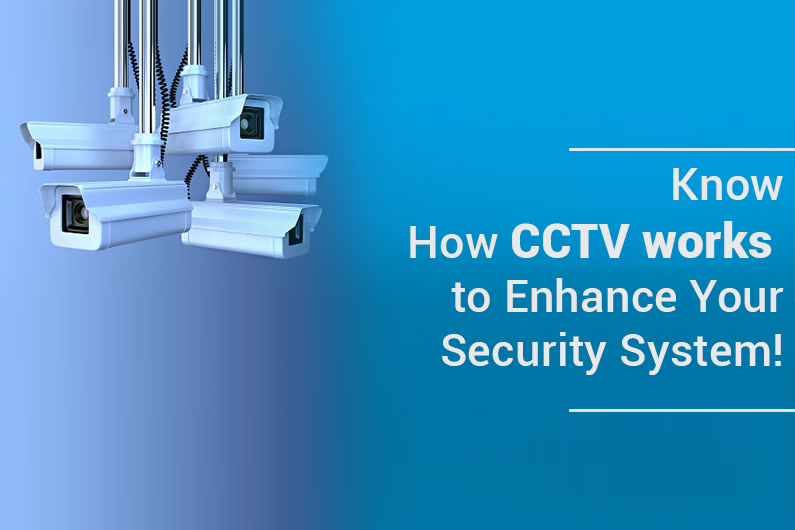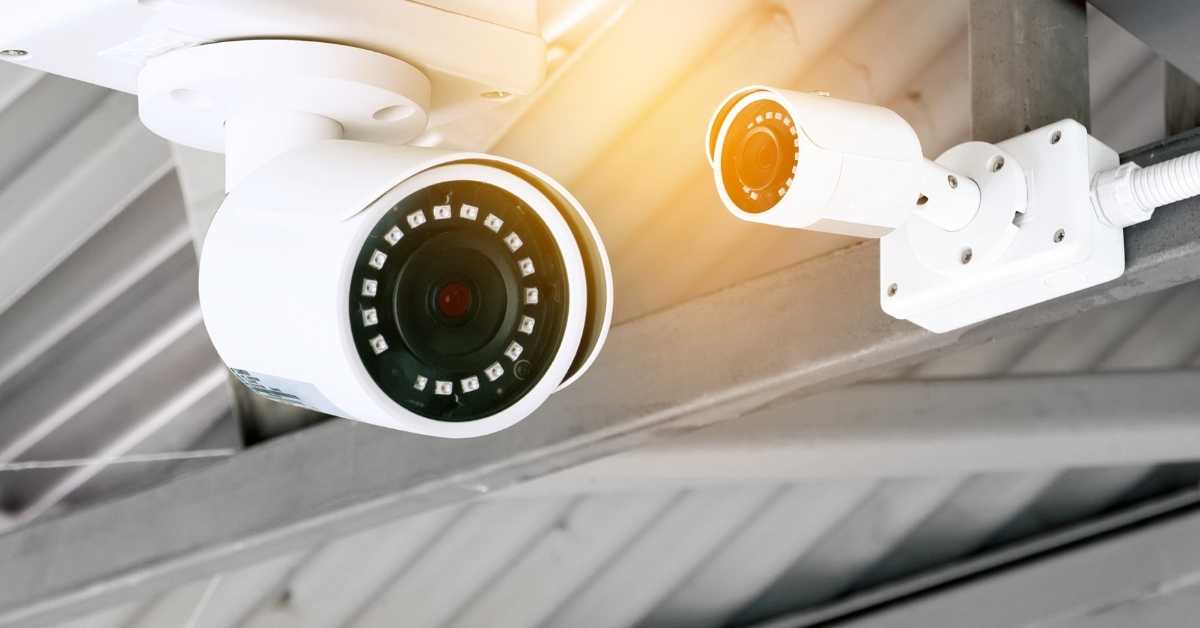In today’s world, security is a top priority for both individuals and businesses. One of the most effective tools in ensuring safety is CCTV. But what does CCTV stand for? Understanding this technology is crucial for anyone looking to enhance their security measures. In this blog post, we will explore the meaning of CCTV, its importance, how it works, and the various types available – What Does CCTV Stand For?.
What Does CCTV Stand For?
CCTV stands for Closed-Circuit Television. This term refers to a system where video cameras transmit signals to a specific set of monitors or recording devices. Unlike broadcast television, which is available to the public, CCTV is a closed system, meaning that only authorized users can view the footage. This makes it an essential tool for security and surveillance.
The Importance of CCTV in Modern Security – What Does CCTV Stand For
CCTV systems play a vital role in enhancing security for various environments, including homes, businesses, and public spaces. Here are some key reasons why CCTV is important:
- Deterrence of Crime: The presence of cameras can deter potential criminals from committing offenses.
- Evidence Collection: In the event of a crime, CCTV footage can provide crucial evidence for investigations.
- Remote Monitoring: Many modern CCTV systems allow users to monitor their property remotely via smartphones or computers.
- Increased Safety: CCTV can help ensure the safety of employees and customers in commercial settings.
How CCTV Works- What Does CCTV Stand For?
CCTV systems consist of several components that work together to capture and transmit video footage. Here’s a breakdown of how it works:
- Cameras: These devices capture video footage. They can be fixed or movable, and some are equipped with night vision capabilities.
- Recording Device: The footage captured by the cameras is sent to a recording device, such as a Digital Video Recorder (DVR) or Network Video Recorder (NVR).
- Monitors: Authorized users can view the live feed or recorded footage on monitors connected to the system.
- Cabling and Networking: CCTV systems can be wired or wireless, depending on the setup and requirements.
Types of CCTV Systems
There are several types of CCTV systems available, each designed for specific needs. Here are some common types:
- Analog CCTV: Traditional systems that use coaxial cables to transmit video signals.
- IP CCTV: Digital systems that use internet protocol to transmit data, allowing for higher resolution and remote access.
- Wireless CCTV: Systems that transmit video signals wirelessly, making installation easier and more flexible.
- PTZ Cameras: Pan-Tilt-Zoom cameras that can be remotely controlled to cover a larger area.
Benefits of Using CCTV
Implementing a CCTV system offers numerous benefits in What Does CCTV Stand For, including:
- Enhanced Security: Provides a visual deterrent against crime and helps monitor activities.
- Cost-Effective: Reduces the need for physical security personnel.
- Insurance Benefits: Having a CCTV system can lower insurance premiums as it reduces the risk of theft and vandalism.
- Improved Employee Productivity: Monitoring workspaces can encourage employees to stay focused and productive.
What Does CCTV Stand For – Common Misconceptions About CCTV
Despite its benefits, there are several misconceptions about CCTV that can lead to misunderstandings:
- CCTV Invades Privacy: While CCTV is used for security, it is essential to place cameras in public areas and inform individuals about their presence to avoid privacy violations.
- CCTV is Only for Businesses: Many homeowners are now using CCTV systems to enhance their home security.
- CCTV is Expensive: With advancements in technology, there are affordable options available for both residential and commercial use.
Conclusion
In summary, understanding what CCTV stands for and how it functions is essential for anyone considering implementing a security system. CCTV, or Closed-Circuit Television, is a powerful tool that enhances safety, deters crime, and provides valuable evidence when needed. Whether for a home or a business, investing in a CCTV system can significantly improve security measures. If you have any questions or want to share your experiences with CCTV, feel free to leave a comment below!


